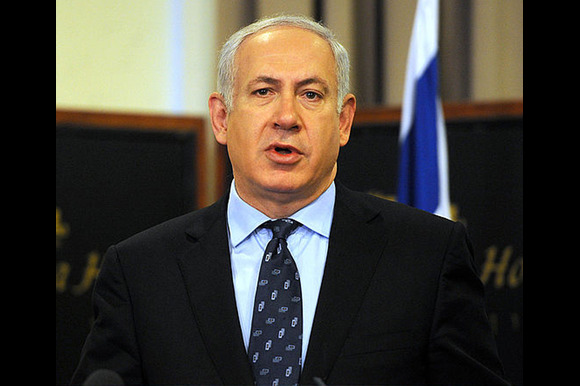Israeli Prime Minister Benjamin Netanyahu is expected to propose fully reoccupying the Gaza Strip during an upcoming meeting with his security cabinet, according to Israeli media reports.
Local journalists have quoted a senior official saying, “The die has been cast. We’re going for the full conquest of the Gaza Strip – and defeating Hamas.” The official added that if the army chief and other military leaders oppose the plan, the chief of staff should consider resigning.
Such a move, however, has sparked concern among the families of hostages. At least 20 out of 50 hostages are believed to still be alive in Gaza, and families fear that a full military occupation could jeopardize their loved ones’ safety. Polls also suggest that three-quarters of Israelis would prefer a ceasefire agreement that would allow hostages to return.
Many of Israel’s international allies are expected to condemn any attempt to reoccupy Gaza, as they call for an end to the ongoing conflict and action to address the humanitarian crisis in the region. Within Israel, hundreds of former security officials have written an open letter to US President Donald Trump, urging him to pressure Netanyahu to end the war.
One of the signatories, Ami Ayalon, former head of Israel’s domestic intelligence agency, told the BBC that further military action would be futile. He argued that while Hamas has been largely destroyed militarily, its ideology has grown in power among Palestinians, the Arab world, and the wider Islamic community. Ayalon emphasized that defeating Hamas’s ideology requires offering Palestinians a better future.
The latest developments follow the breakdown of indirect ceasefire talks between Israel and Hamas, and the release of disturbing footage showing two Israeli hostages in Gaza. The videos, showing Rom Blaslavski and Evyatar David, kidnapped on October 7, 2023, at a music festival, depict them in a dire state, with David seen digging his own grave in an underground tunnel. This footage has shocked and appalled the Israeli public, raising further tensions around the military plans.
Israel’s military has claimed control over 75% of Gaza, but Netanyahu’s plan would involve occupying the entire territory, including areas where over two million Palestinians are concentrated. The implications of such an action for civilians and humanitarian operations remain unclear. Gaza’s population is facing dire conditions, with about 90% of the population displaced due to the ongoing conflict, living in overcrowded shelters. Humanitarian organizations, including the UN, have accused Israel of obstructing vital aid distribution, worsening the humanitarian situation.
In response, Israel has allowed some goods, including baby food, fruits, vegetables, and hygiene products, to enter Gaza in an effort to ease the suffering. However, the private importation of goods had been halted due to concerns that Hamas could benefit from the shipments.
The Israeli military had previously avoided occupying certain areas in Gaza, including its central regions, due to concerns about the hostages being held there. This caution stems from the tragic execution of six Israeli hostages last year after Israeli forces moved in.
The Palestinian Authority has condemned the proposal, calling for international intervention to prevent a new military occupation. Palestinian officials point out that far-right Israeli ministers have long advocated for the full occupation and annexation of Gaza, with the ultimate goal of establishing new Jewish settlements there.
This new occupation proposal comes at a time when international efforts are gaining momentum to revive the two-state solution, a longstanding proposal for resolving the Israel-Palestine conflict. The solution envisions the creation of an independent Palestinian state alongside Israel, with East Jerusalem as its capital. Just last week, the UK and Canada joined France in announcing conditional plans to recognize a Palestinian state.
Netanyahu is now expected to meet with key ministers and military leaders to discuss the next steps in Gaza. According to Israeli Army Radio, the meeting will focus on initial plans to surround Gaza’s central refugee camps, followed by airstrikes and ground raids. Netanyahu has confirmed that a full security cabinet meeting will take place this week.
Israeli media commentators, however, have expressed skepticism about the practicality of this new plan. Nahum Barnea, writing in Yedioth Ahronoth, pointed out the significant military, political, and diplomatic challenges such a strategy would face. He remarked, “Netanyahu has never taken a gamble on this scale before,” and suggested that, after 22 months of intense fighting, Netanyahu’s promises to achieve all his war objectives should be taken with caution. “It seems that Netanyahu’s sole goal in Gaza is to prolong the war,” he concluded.
The ongoing conflict began in response to a devastating attack by Hamas on southern Israel on October 7, 2023, which left around 1,200 Israelis dead and 251 others taken hostage. According to the Hamas-run health ministry, at least 61,020 Palestinians have been killed by Israeli forces in Gaza since then, a toll that continues to rise amid the ongoing violence.






